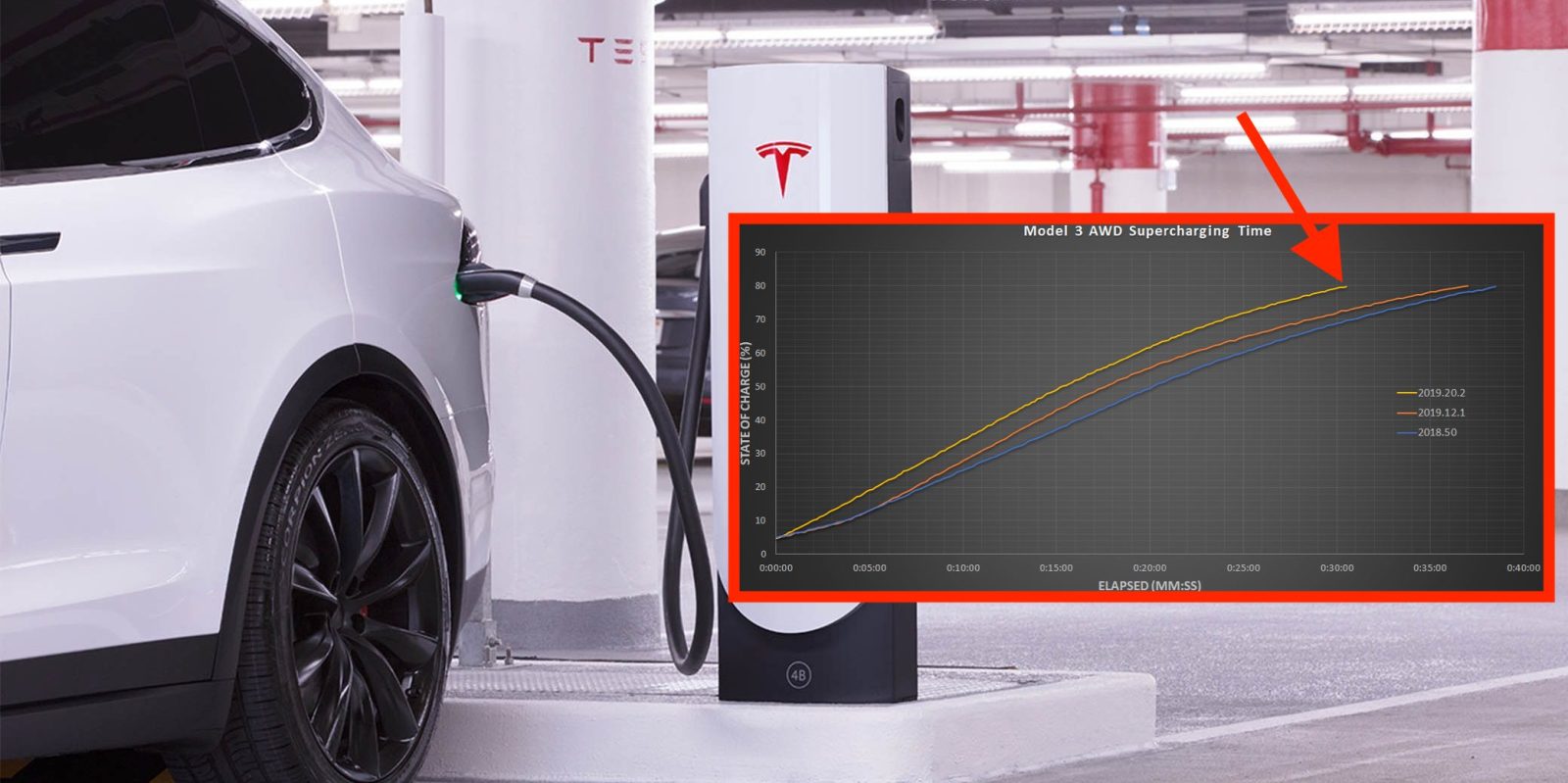You are fundamentally wrong on at least four levels to suggest that EV environmental footprint is the same as gascars:
- Firstly, it's very ineffective to burn crude oil for transportation energy, only ~20% of which gets transformed into kinetic energy. Even coal plants are well over 60% efficient at generating electricity from fossil coal.
- Secondly, there's a huge seconday cost with burning gasoline or diesel in residential zones, as the poison gases and particulate matter gets emitted right next to some of the most vulnerable population: children and elderly. Even with coal plants very little of the secondary pollution gets into people's lungs, eyes and skin.
- Third, electricity generation is getting greener every year. The majority of new power generation capacity is renewable in 2018 already. So during the lifetime of an EV its pollution footprint gets smaller and smaller. Gas cars on the other hand get worse as they age: engine wear and the limited lifetime of scrubbing systems makes them dirtier every year.
- Fourth, EVs are also using motor power more efficiently, due to regenerative braking that captures and stores a lot of the kinetic energy. Gascars typically waste this energy, further increasing their effective pollution footprint.
TLDR: you are literally wrong about
ALL of this, a Model 3 is much, much less polluting than a gascar, even if it uses coal electricity exclusively, which most don't.
But this does not belong into the investor thread, please read up on this topic, inform yourself and particulate in the appropriate TMC thread that discuss EV environmental footprint if you have any other questions.



